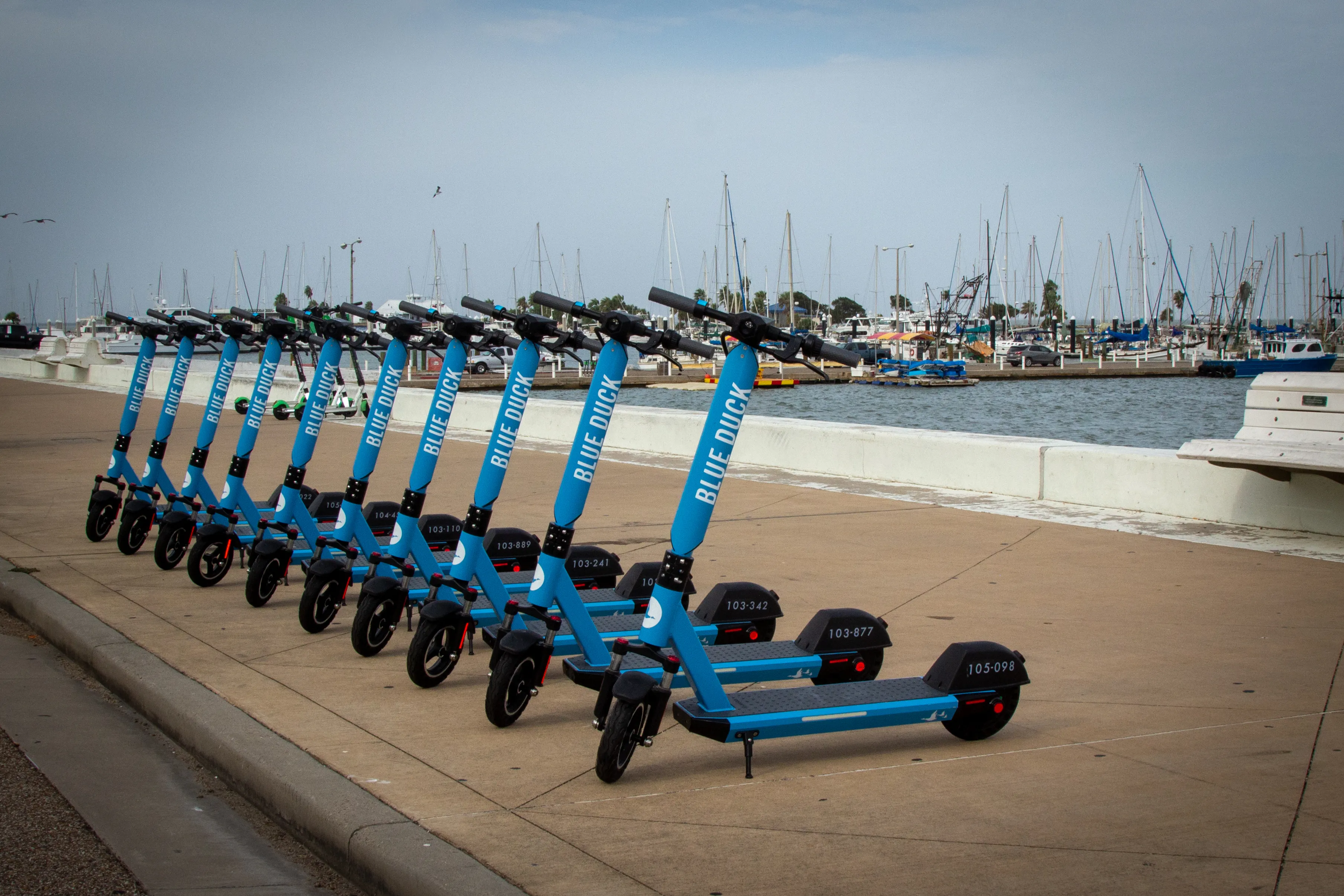The International Association of Transportation Regulators (IATR) has announced Alliance for Transportation Innovation (ATI21) CEO and president Paul Brubaker has joined its advisory board. The appointment helps strengthen the relationship between both organizations.
Last month, Brubaker urged delegates at IATR’s annual conference in Austin, Texas, to embrace a broad view when considering rules for emerging technologies, such as Autonomous Vehicles (AVs).
He pointed out that technologies such as 5G connectivity, faster computing power, and the increasing number of sensors on vehicles and embedded in infrastructure are areas that transportation regulators must recognize when crafting regulations to accommodate AVs.
Brubaker, said: “IATR is a tremendously influential organization, and I’m honored to be asked to join its Advisory Board.”
“The association’s members are exactly the types of stakeholders that ATR21 seeks to form stronger ties with as we continue to support the advancement of technology that boosts safer, more efficient transportation.”, he added.
Paul Brubaker joins IATR advisory board
The International Association of Transportation Regulators (IATR) has announced Alliance for Transportation Innovation (ATI21) CEO and president Paul Brubaker has joined its advisory board. The appointment helps strengthen the relationship between both organizations. Last month, Brubaker urged delegates at IATR’s annual conference in Austin, Texas, to embrace a broad view when considering rules for emerging technologies, such as Autonomous Vehicles (AVs).
October 19, 2017
Read time: 1 min








